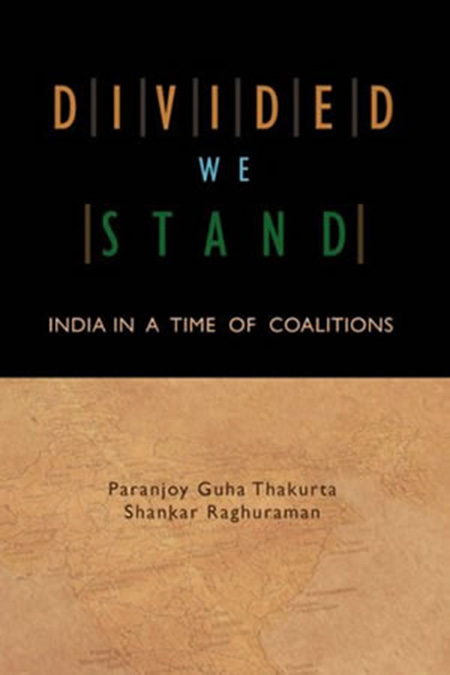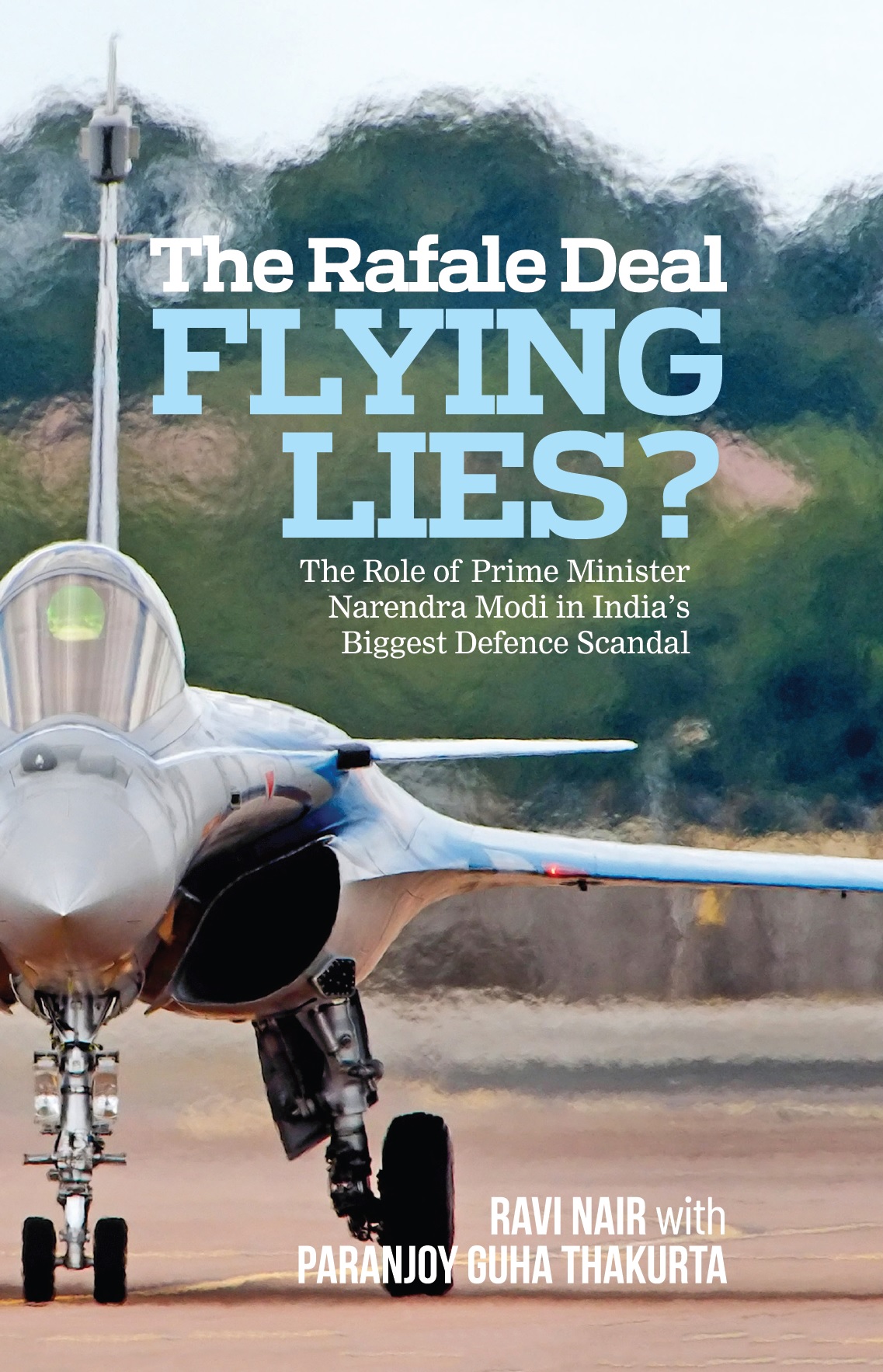New Delhi, India - A few days after Jammu and Kashmir's (J&K) special status was eradicated, Prime Minister Narendra Modi claimed that the now-abolished Article 370 of India's constitution - the provision that had guaranteed special rights to Muslim-majority J&K – had also hampered its economic development.
"There must be investment and job opportunities in Jammu and Kashmir," Modi told CNN-News 18. "No one goes there to invest."
Article 370 had bestowed numerous special rights on J&K, including a ban on outsiders buying land.
Those rights are now gone. And if Modi is be believed, this is to J&K's benefit.
The prime minister and leader of the Hindu nationalist Bharatiya Janata Party (BJP) - along with his officials - argues that revoking J&K's nominal autonomy will unlock myriad economic benefits, easing rules for acquisition and ownership of land by non-local Indians to set up businesses, boosting tourism in the picturesque Kashmir valley, and enticing filmmakers based in Mumbai and other parts of the country back to the region.
Modi has called on the private sector to invest in the newly designated and bifurcated "Union Territories of Jammu & Kashmir and Ladakh".
India's richest man, Reliance Industries Ltd chief Mukesh Ambani, answered the call - sort of - announcing on August 12 that Reliance Group will set up a special task force focused on investments in J&K.
A task force is exploratory, not a commitment to invest, which underscores that though rosy predictions are easy to make, creating the right conditions to coax those visions into reality is a much higher hurdle to clear.
Unravelling spin
Political turmoil and information vacuums tend to repel investors, not entice them. By those measures, Indian-administered Kashmir is an opaque investment at best, thanks to a New Dehli-imposed near-blackout of information that has entered its 12th day as of Friday.
Some analysts argue that metrics on J&K don't even support the argument that article 370 was to blame for its stifled economic potential.
"The idea that large-scale industry, unrelated to processing of local raw materials, will flow into Kashmir is ridiculous in the extreme," Prabhat Patnaik, a retired professor of economics at the Jawaharlal Nehru University in Delhi, told Al Jazeera.
Haseeb Drabu, a former finance minister of J&K, agrees. "I don't see any way in which Article 370 can be linked to the economy of J&K," he told Al Jazeera. "If J&K's economy has not developed faster than it could have, it is on account of other factors."
Drabu, who is also a former head of Jammu and Kashmir Bank, a private-sector financial institution that carries out banking for the central government, noted that Modi's administration has invested less in J&K than other regions.
Though cumulative investment in all of India's 339 central public-sector enterprises (CPSEs) totalled roughly 23 trillion rupees ($323bn) since 1947, when India became politically independent, J&K received only 1.65 billion rupees ($23.15m).
"To add insult to injury, out of 1.08 million employees of CPSEs, only 21 [employees] are in the state [of J&K]," Drabu pointed out.
Analysts also take issue with the notion that Indian-administered Kashmir was relatively underdeveloped for India.
Though J&K's social and economic indicators lag behind some Indian states, they are superior to others. Take life expectancy. It's lower in Kashmir than it is in Kerala, but higher than in Uttar Pradesh and better than the all-India average. Some 10 percent of J&K households live below the poverty line, compared to a national figure of 22 percent. J&K also has relatively lower levels of income inequality for India.
"It is a myth that J&K as a whole and the Kashmir Valley in particular was less developed in comparison with the rest of India," said David Devadas, the author of several books on Kashmir.
"Despite widespread corruption and misappropriation of funds that came from New Delhi, there was more wealth in the valley than in many other parts of India," he told Al Jazeera.
Modi and his officials have blamed Article 370 for feeding corruption in J&K and keeping investors at bay.
"Under the garb of Article 370, certain political leaders in J&K were siphoning off money sent by the central government, thereby acquiring assets and properties in an illegal manner," said Gopal Krishna Agarwal, national spokesperson of the BJP on economic affairs.
Argarwal said now that J&K's special status is gone, corrupt officials can be held to account. "They were not investigated by agencies like the Central Bureau of Investigation," he told Al Jazeera. "Now with Article 370 gone, I believe major industrialists will come forward and invest in J&K."
Complications and distractions
Even if corruption is rooted out and turmoil abates, other factors could still make investors wary of Kashmir. The region has long been a geopolitical flashpoint because both India and Pakistan claim J&K in full, but each rules over only part of it.
Devadas believes the abolition of J&K's special status could introduce even more tinder into this hotbed of unresolved tensions, especially in the Gilgit-Baltistan region in the northernmost territory administered by Pakistan. A highway connecting Pakistan and China runs through the area and is crucial to Beijing's Belt and Road Initiative (BRI) to extend China's trading routes and its political influence throughout the region and around the globe.
"This area is the so-called fulcrum of China's ambitious BRI," said Devadas.
Such challenges are undoubtedly not lost on Modi and his government. Some long-time observers of the prime minister wonder if even he is convinced of his own rhetoric on Kashmir's economy.
"I noticed an absence of jubilation in Modi's speech on Article 370 as he said that the rest of India must contribute to the development of the 'reorganised' J&K," said Nilanjan Mukhopadhyay, author of several books on Modi and the RSS (the right-wing Rashtriya Swayamsevak Sangh or "National Volunteer Corps" that is the ideological mentor to Modi's BJP).
Mukhopadhyay noted, for example, Modi's prediction that filmmakers would be enticed back to the Kashmir Valley. "Such requests have been made in the past too, by other political leaders as well, but with little effect," he said.
New Delhi is promising to invest heavily in J&K's infrastructure. It's also planning an investment summit in Srinagar for October.
Perhaps by then, the lockdown will have ended. If not, investors would have an excellent excuse to resist Modi's pressure to put their money where his mouth is.


